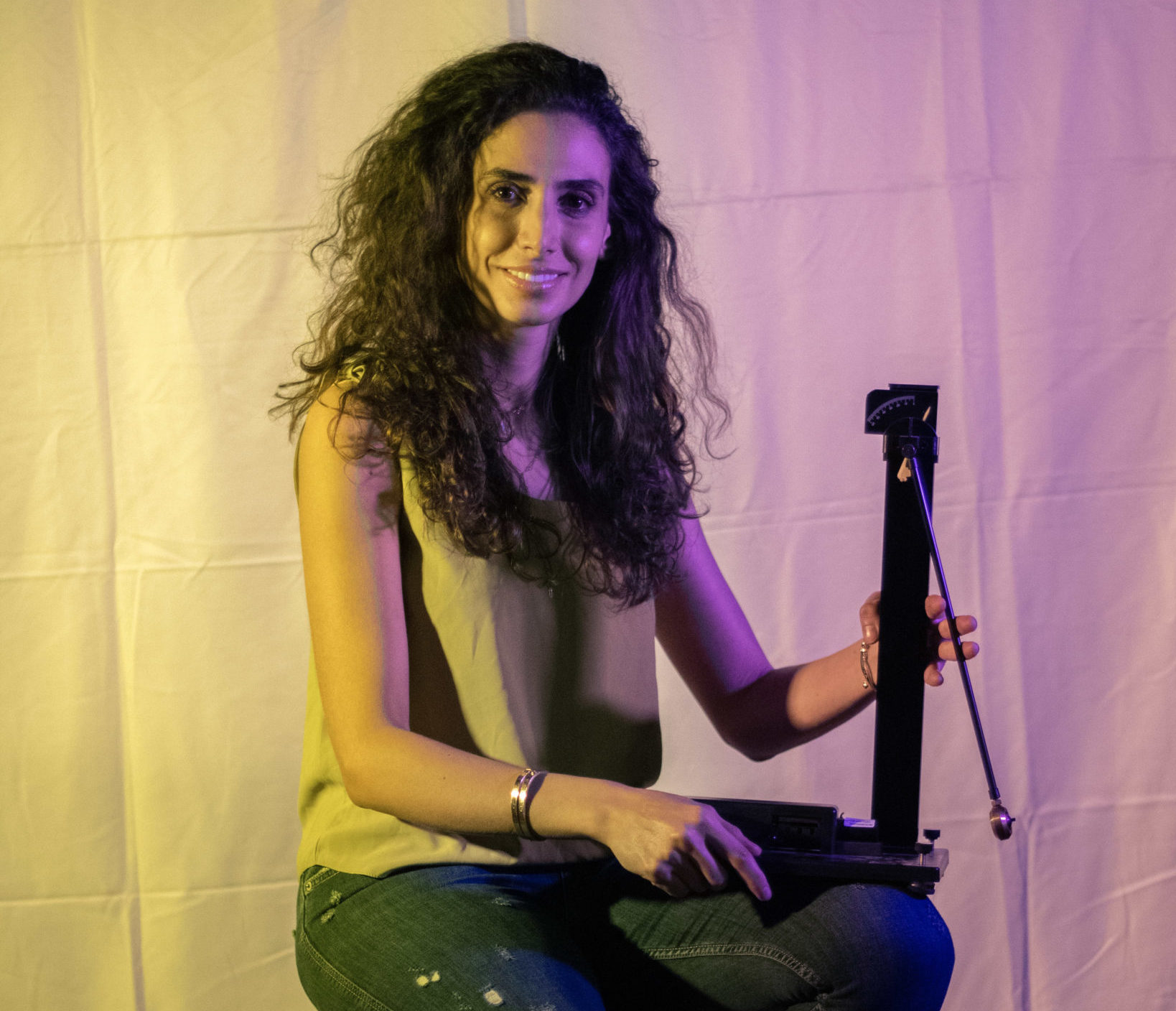After the start of the quarantine in March, Country Day’s 15 international students were faced with a decision. They could stay in Sacramento to wait out the pandemic without their families, or they could go home to their families and undertake a completely different schedule for an indefinite amount of time. Two of those students — seniors Martin Cao and Hermione Xian — chose to stay, while seniors Joanne Tsai and Stephanie Ye chose to go home.
Tsai chose to leave because her family was worried about the worsening pandemic. She said she feared the airlines would be unavailable, so she left mid-May for her home in Taiwan.
The pandemic restrictions have eased in Taiwan. Masks are required only on public transportation and in places with large group gatherings, such as concerts. In addition, temperatures are taken when people enter restaurants.
Only occasionally has Tsai been afraid of the pandemic.
“When there are more people, like during festivals, I would be afraid because not everyone wore masks,” Tsai said.
When school started, Tsai had to adapt to a new routine. She attends Country Day from eight time zones away in Taiwan, staying up until 4 a.m. to finish her classes and homework and sleeping until 11 a.m. As a result, she eats at unusual times and hangs out with friends only in the afternoons.
Despite the 15-hour time difference, Tsai is handling schoolwork well while maintaining her social life, she said.
“No one is awake in the morning anyway,” Tsai said. “The only bad thing is that when I’m doing homework in the afternoon, teachers might not be awake if I have a question.”
Like Tsai, Ye left for her home in Changzhou, China, in late May. Ye said she had been feeling homesick for a long time, and since the COVID-19 situation in China was getting better, her family wanted her to spend summer at home.
Life in Changzhou has largely returned to normal. Masks are still required on public transportation and at large gatherings. In movie theaters, the audience is still required to sit apart from each other, but social distancing guidelines have been otherwise lifted, Ye said.
Ye no longer sees COVID-19 as a threat in her community.
People in her community know the dangers of COVID-19, so they are willing to take precautions to prevent the virus from spreading again, Ye said.
For Ye, the worst thing about staying in her hometown is online school. Similar to Tsai, Ye had to adapt to the 15-hour time difference, staying up from 12 a.m. to 4 a.m. to attend her online classes.
Online classes have affected her social interactions, too, because she has to sleep through half the day. She is still able to interact with her friends in the afternoons and evenings, but she no longer has enough time to watch movies at the theater, Ye said.
Cao and Xian decided to stay in Sacramento to avoid jeopardizing their academics.
Cao, who lives with his uncle, said he chose to stay in Sacramento because he thought quarantine would only last a couple of months. He needed to finish school, especially the AP exams in mid-May, and he didn’t want to be quarantined for two weeks if he went back. After the school year ended, airplane ticket prices shot up due to the influx of people rushing home, making departure difficult, and then, the travel ban was enacted.
Despite not being able to see his family since Christmas, Cao said he doesn’t feel homesick.
“Before I came here, I was prepared to leave everything behind — including my friends and family. I spend most of my time playing with friends here,” Cao said.
Xian chose to stay because she didn’t know when she could return from China. If she had returned, she wouldn’t know what school to attend if she could not continue studying at Country Day. In addition, she wouldn’t be able to take standardized tests since there are no test centers available, and she wouldn’t be able to travel to Hong Kong or another country to take it due to the pandemic, Xian said.
Unlike Cao, Xian currently lives with her mother, grandmother and aunt.
Xian’s family had planned to spend Chinese New Year in the U.S. since the summer of 2019. When her parents came to visit her in February, they were unaware that the pandemic would spread to the U.S. Her father left in February, and her mother planned to leave in June but was unsuccessful due to the travel bans, Xian said.
Xian is glad she stayed in the U.S. because obtaining an airplane ticket was near impossible and returning to China would’ve made her senior year difficult, she said.
Unlike Xian, Cao said he would return to his family if possible.
“Do I hate staying here? No. Do I want to go back? Yes,” Cao said. “Though I don’t feel homesick, I want to be with my family if I can.”
Both Tsai and Ye said they would return to campus for classes at County Day.
If in-person learning is restored, that means the situation is getting better, Tsai said.
“Right now, my parents are not comfortable with me going back,” Ye said. “If school goes back to normal, I will definitely want to go back — and I hope that happens soon.”
— By Ming Zhu
Originally published in the Sept. 22 issue of the Octagon.


